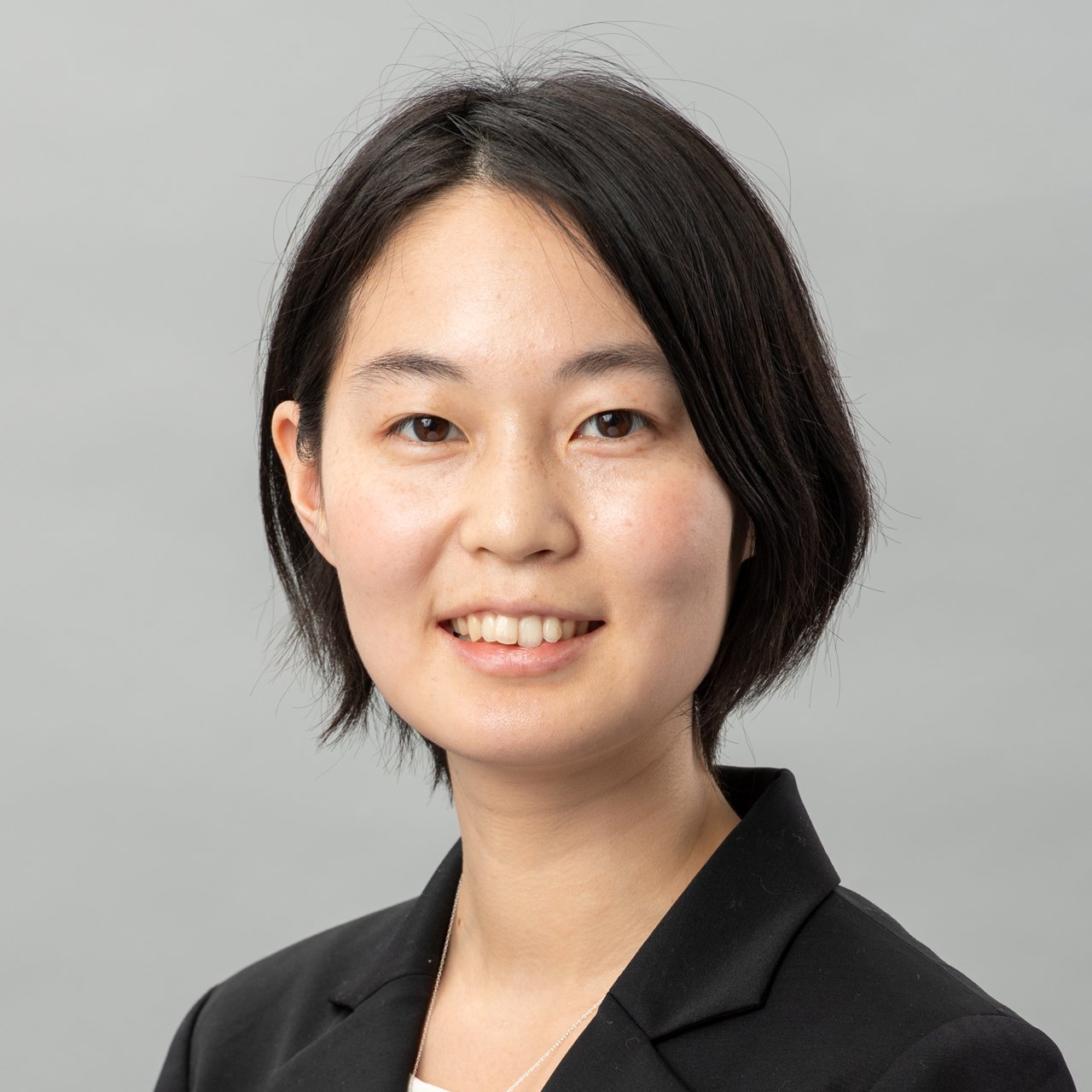Due to the growth in scale of various forms of decision-making, ensuring the fairness of decision-making algorithms has become a pressing issue. Ayumi Igarashi aims to realize a truly equitable society by mathematically defining the concept of fairness, which tends to be used vaguely, and building rapid decision-making methods with a high degree of transparency based on mathematical principles.
There have been frequent reports on the unfairness caused by decision-making algorithms. As an example, when the administration of COVID-19 vaccines began in the United States, the algorithm that Stanford University developed to decide the order of priority for the limited vaccines happened to create a vaccine allocation plan that was clearly inappropriate. In the United Kingdom, it was found that the algorithm for predicting academic performance that was incorporated in an attempt to ensure fairness had actually been making assessments that were disadvantageous to working-class students and minority students, giving rise to a controversy.
The criteria for fairness vary for each individual, and it is not always easy to seek methods of classification that everybody would be satisfied with. Furthermore, in many instances in which decision-making is sought, simply being fair is not enough, as there is also a need for efficiency. Going back to the example of vaccine distribution, the decision not to distribute vaccines would be fair to some extent, as it would not cause any envy, but would also be meaningless. Efficiency points to excluding these meaningless solutions so that necessities can be allocated to the appropriate recipients.
Igarashi has produced numerous results in her research of fair division, which involves the mathematical analysis of methods of allocating resources so that as many people as possible are made happy, while maintaining fairness. She is theoretically investigating situations in which fairness and efficiency can coexist. In particular, despite the tendency to use substitutes, such as the thought of "either coffee or black tea would suffice," she mathematically proved that it is possible to have both approximate fairness and efficiency and developed a high-speed algorithm to achieve desirable distribution.
There are still plenty of issues with theories of resource distribution. Particularly for the distribution of inseparable resources (multiple resources that can only be measured as integers), for which complete fairness is not possible, how much fairness can be insured becomes important. The results of Igarashi's research serve as the first step toward greatly expanding the range of application of fair division, which did not have theoretical assurances in the past.




